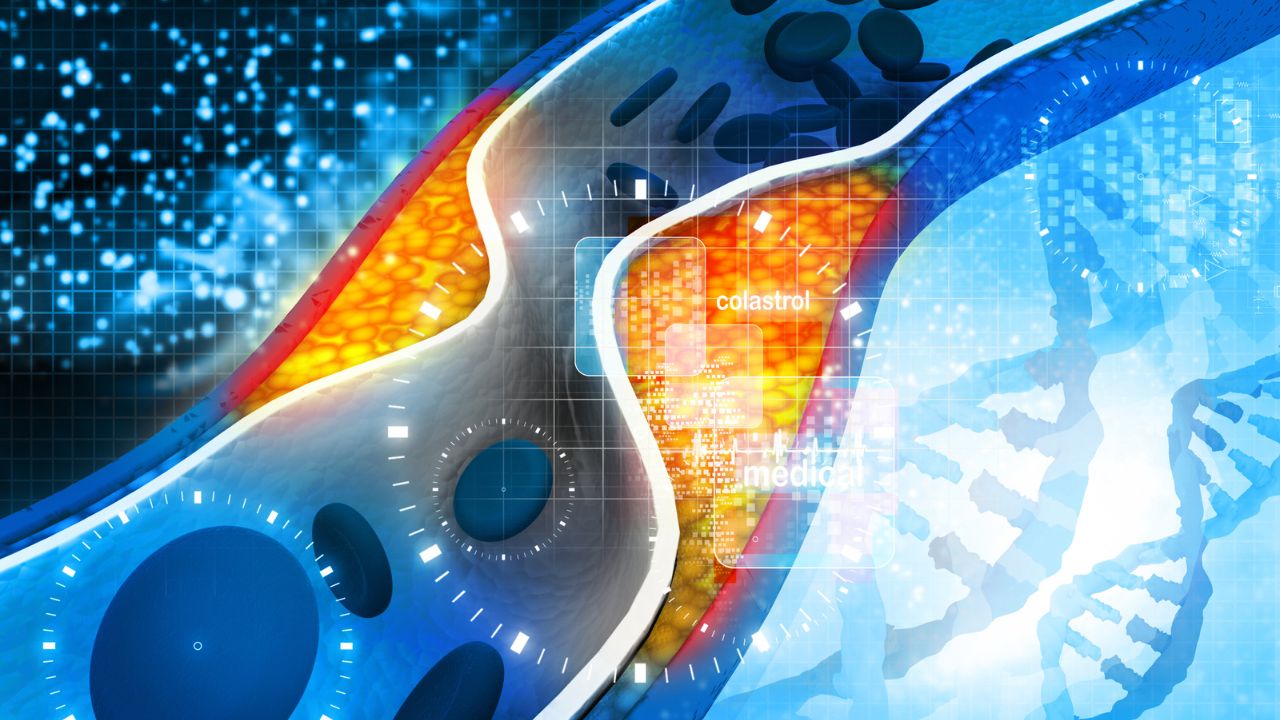
What is Cholesterol? And How to Lower It
Managing your cholesterol is important for living a healthy life. Your doctor may have already taken blood tests for your cholesterol levels. And if the numbers are getting higher, your doctor might have mentioned ways to lower it.
But what exactly is cholesterol? And why do you need to keep an eye on it? It helps to know the types and when you may need to lower one of them.
What is cholesterol?
Cholesterol is a substance your body produces. Your liver makes about 75 percent of the cholesterol you need. The rest of the cholesterol you need comes from foods you eat. Cholesterol is a natural waxy substance. It travels throughout your body in your blood. It’s also in your cells. You need enough cholesterol for your body and your brain to work their best.
They do this in the following ways:
- Processing vitamin D
- Building cell membranes
- Making digestive fluids, such as bile
- Making hormones like testosterone, estrogen and cortisol
Two types of cholesterol
Your body makes two types of cholesterol. One type is “bad” cholesterol. The other is “good” cholesterol.
- “Bad” cholesterol is called low-density lipoprotein (LDL). It’s unhealthy because if you have too much LDL in your body, it can build up in your arteries as fatty deposits.
- “Good” cholesterol is called high-density lipoprotein (HDL). It’s healthy because it grabs on to excess cholesterol from your arteries and eliminates it. This keeps extra cholesterol from impacting your health.
Too much cholesterol can build up slowly in the arteries that go to your heart and your brain. This can then cause health problems later on. Therefore, you want to keep your LDL cholesterol numbers low and your good HDL cholesterol numbers high.
This can be tricky to do for some people. High cholesterol levels may run in your family, for example. But there are plenty of ways to naturally lower your cholesterol levels and improve your hearth health.
Foods that lower cholesterol
There are food choices you can make that help improve your cholesterol levels. You might not have to go on a medication to change your levels. Sometimes, you need both medication and dietary changes.
To start, stop eating processed foods that include trans fats and saturated fats. These tend to raise your total cholesterol levels.
To reduce your LDL levels specifically, you’ll want to eat the following:
- Fruits and vegetables such as leafy greens; yellow, orange and red tomatoes; strawberries; plums and berries. The more colorful the produce is, the more cholesterol-blocking substances your body will get.
- Oatmeal, kidney beans, brussels sprouts, apples and pears — their fiber keeps your body from absorbing extra cholesterol into your blood.
- Fish with omega-3 fatty acids, such as tuna, salmon, trout, mackerel and herring.
- Whey protein, such as the powdered types you can add into smoothies.
- Seeds, nuts, avocados and soybeans.
Activities that lower cholesterol
Along with eating right, you’ll want to get active. While certain foods help lower “bad” LDL cholesterol levels, exercise can help raise your “good” HDL cholesterol levels.
Moderate exercise for 30 minutes around five times a week can change your cholesterol levels. It doesn’t matter what you do, just as long as you’re motivated to keep it up. Even a brisk walk every day for a half an hour can do the job.
Other lifestyle changes you can make include:
- Stopping smoking to increase your HDL levels
- Cutting down on sugary alcohol drinks to increase your HDL levels
- Losing weight by cutting out sugary and processed items that contribute to high cholesterol
In addition to making lifestyle changes, you can help manage your levels with cholesterol-lowering medication. These medicines can lower fats and LDL cholesterol in your blood. Talk to your primary care provider to see if medicine is right for you.
